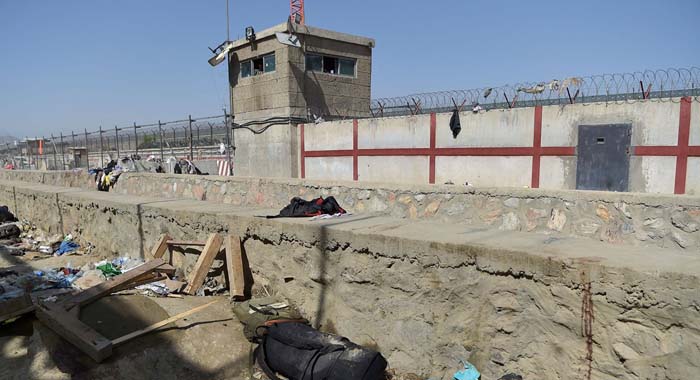Marking the fourth anniversary of the Kabul Abbey Gate bombing and the chaotic U.S. withdrawal from Afghanistan, American veterans have renewed demands for accountability, honouring the sacrifice of 13 U.S. service members and more than 170 Afghan civilians who lost their lives in one of the darkest moments of America’s longest war.
The devastating suicide bombing at Hamid Karzai International Airport on August 26, 2021, came as thousands of desperate Afghans crowded the airport gates in a last attempt to flee Taliban rule. The attack, carried out amid the disorder of the final U.S. evacuation, exposed glaring failures in planning and leadership, veterans say, and turned a withdrawal meant to end a 20-year conflict into a day of national mourning.
“The wounds of that day remain unhealed,” said Dennis Price, founder of Heroes for Humanity. “It was the soldiers and veterans who stepped in to save civilians, while leadership failed. Families of the fallen deserve more than words they deserve justice.”
Veterans have cautiously welcomed a new review launched by the U.S. Department of Defense into the withdrawal, but insist that genuine accountability cannot come from bureaucratic investigations alone. They argue that responsibility must be shouldered at the highest levels of decision-making to ensure that such a tragedy is never repeated.
For many veterans, Abbey Gate has become both a symbol of sacrifice and a haunting reminder of America’s duty to those left behind. Afghan civilians who aided U.S. forces during the two-decade war remain stranded under Taliban rule, their fate a continuing source of anguish for former comrades-in-arms.
“Honouring the fallen means not only remembering their names but also fulfilling the promises America made to its soldiers, to their families, and to its Afghan allies,” one veteran said. “That is our national duty.” As ceremonies of remembrance were held across the United States, veterans stressed that the legacy of Abbey Gate must stand as a lesson for future policy: that wars cannot be ended in chaos, and that those who serve must never be asked to bear the cost of leadership failures.





